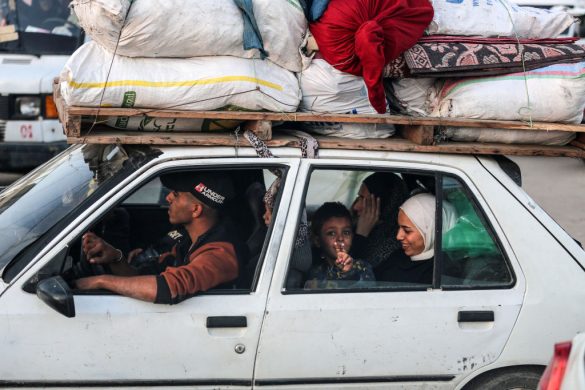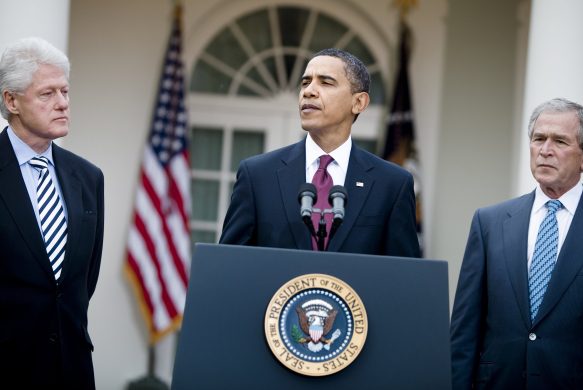Det er Syrien, Kina, Iran, Bahrain og Vietnam, som ifølge “Reportere uden Grænsers” årsrapport for 2013 udfører systematisk overvågning af nettet, der fører til klare krænkelser af borgerrettighederne – midlerne til at bekæmpe friheden på nettet bliver stadig mere sofistikerede.
Today, 12 March, World Day Against Cyber-Censorship, Reporters Without Borders is releasing a Special report on Internet surveillance, available at www.surveillance.rsf.org/en
It looks at the way governments are increasingly using technology that monitors online activity and intercepts electronic communication in order to arrest journalists, citizen-journalists and dissidents.
Around 180 netizens worldwide are currently in prison for providing news and information online.
For this year’s “Enemies of the Internet” report, Reporters Without Borders has identified Five State Enemies of the Internet, five “spy” states that conduct systematic online surveillance that results in serious human rights violations.
They are Syria, China, Iran, Bahrain and Vietnam. Surveillance in these countries targets dissidents and has grown in recent months. Cyber-attacks and intrusions, including the use of malware against dissidents and their networks, are on the increase.
Kinas store elektroniske mur
CHINA, whose Electronic Great Wall is probably the world’s most sophisticated censorship system, has stepped up its war on the use of anonymization tools and has enlisted private-sector Internet companies to help monitor Internet users.
IRAN has taken online surveillance to a new level by developing its own national Internet, or “Halal Internet.”
As regards SYRIA, Reporters Without Borders has obtained an unpublished document – a 1999 invitation by the Syrian Telecommunications Establishment to bid for a national Internet network in Syria – which shows that its Internet was designed from the outset to include extensive filtering and surveillance.
Liste over digitale lejesvende
Without advanced technology, authoritarian regimes would not be able to spy on their citizens.
Reporters Without Borders has for the first time compiled a list of five “Corporate Enemies of the Internet,” five private sector companies that it regards as “digital era mercenaries” because they sell products that are used by authoritarian governments to commit violations of human rights and freedom of information.
They are Gamma, Trovicor, Hacking Team, Amesys and Blue Coat.
Trovicor’s surveillance and interception products have enabled Bahrain’s royal family to spy on news providers and arrest them.
In Syria, Deep Packet Inspection products developed by Blue Coat made it possible for the regime to spy on dissidents and netizens throughout the country, and to arrest and torture them.
Eagle products supplied by Amesys were discovered in the offices of Muammar Gaddafi’s secret police.
Malware designed by Hacking Team and Gamma has been used by governments to capture the passwords of journalists and netizens.
Benytter diskrete metoder i kampen mod dissidenter
“Online surveillance is a growing danger for journalists, citizen-journalists, bloggers and human rights defenders,” Reporters Without Borders secretary-general Christophe Deloire said, adding.
“Regimes seeking to control news and information increasingly prefer to act discreetly. Rather than resort to content blocking that generates bad publicity and is early circumvented (omgået), they prefer subtle forms of censorship and surveillance that their targets are often unaware of”.
“As surveillance hardware and software provided by companies based in democratic countries is being used to commit grave human rights violations, and as the leaders of these countries say they condemn violations of online freedom of expression, it is time they took firm measures”.
“Above all, they should impose strict controls on the export of digital arms to countries that flout fundamental rights,” Mr. Deloire noted
Læs videre på
http://en.rsf.org/special-report-on-internet-11-03-2013,44197.html
Begynd fra: “Negotiations between governments already led in July 1996….”














